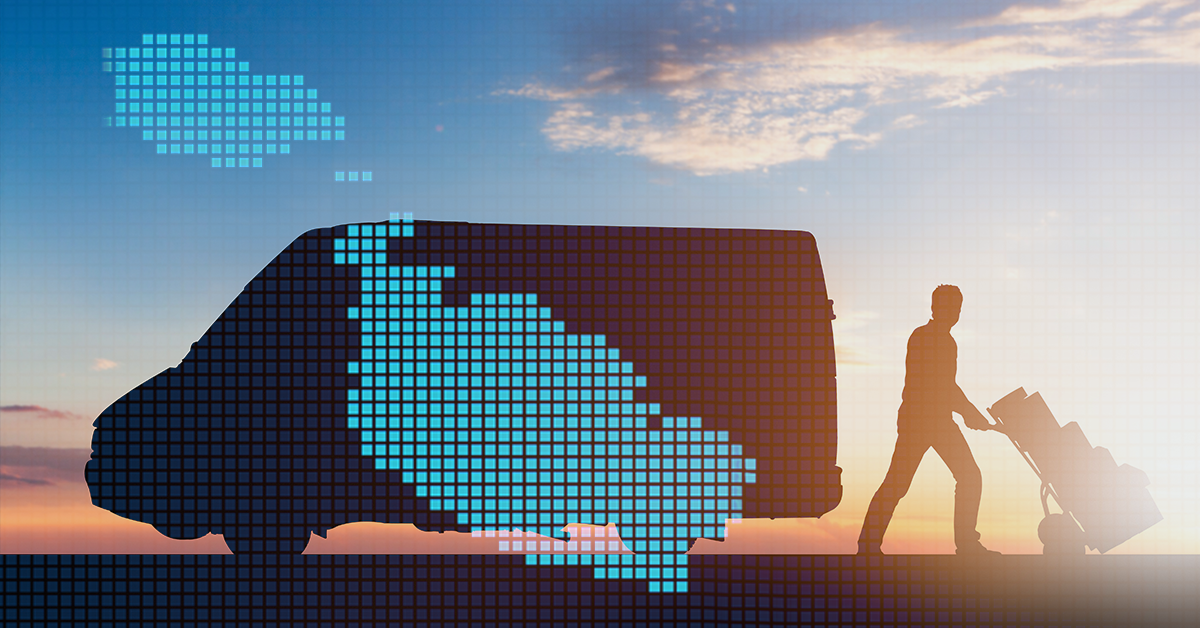Maltese people spend more time on social networks and mobile internet than anywhere else in Europe.
This is according to a Eurobarometer survey published on 8th April 2022 which set internet usage in Malta at 71% when compared to 44% in Europe.
But let’s face it, you don’t really need a survey to know that selling online in Malta is essential, but here’s the kicker:
E-commerce comes with its own hurdles. Selling online means competing with both local stores as well as multinationals like Amazon and eBay – companies with gigantic budgets that will outspend you on any day of the week.
And they’ve been successful:
Amazon.de alone is the leading e-commerce in Germany; Amazon.it is the leading e-commerce in Italy; and Amazon.fr is the leading e-commerce site in France.
But Malta’s dependence on maritime shipping lines actually works in favour of local businesses here: fast delivery is something multinational companies cannot easily make available to Maltese shoppers.
Malta being an island has and will continue to slow down e-commerce giants from setting up shop here, but we recognise that it’s not an infallible barrier.
Of course, e-commerce giants can choose to expand into Malta, but they will have a much harder time taking your customers if you already offer fast delivery.
Why?
Where local businesses make their products and services available online and quick to acquire thanks to fast delivery, e-commerce giants are finding a market that is too tough to penetrate.
When Amazon tried to expand into the Netherlands, it quickly found that many Dutch consumers will stay loyal to Bol.com, a homegrown marketplace. This is according to analysts at Pattern, a global e-commerce consultancy with headquarters in Lehi, Utah.
In February, Bol.com drew 83.7 million mobile and desktop visits, compared to 23.6 million on Amazon.nl, Amazon’s Netherlands site.
In South Korea, for example, local e-commerce leader Coupang delivers every product within 24 hours and offers 7 a.m. deliveries on some items, even when they are ordered at midnight.
Because of this, e-commerce giants like Amazon found little success in the South Korean market.
What’s the conclusion?
As long as service is similar and delivery speed is competitive, people will generally gravitate towards local businesses and smaller competitors.
It’s not just because we’re hard-wired to root for the underdog (we are), people consistently find that smaller businesses are generally more approachable, more transparent and more likely to care about whether a customer is happy or not.
In other words, increasing the speed and quality of your delivery service will both give you the edge over local competitors today AND can future-proof your business from bigger competitors.
As the meteoric rise of businesses such as Bolt Food, Wolt and Timetoeat has shown, fast delivery is extremely important to Maltese homeowners.
And the reason why is clear: in Malta, offering fast delivery means giving customers the ability to acquire products quickly without having to drive in the second-most dense road network in the world.
Just how important is Fast Delivery becoming?
Below, we take a look at findings from reports by Eurostat, statista.com, L2, Ecommercenews.eu, invespcro, digitalcommerce360, and Sendcloud



